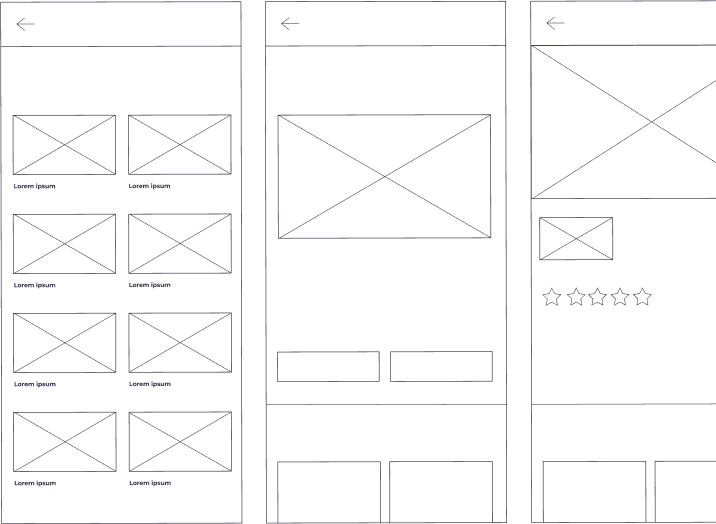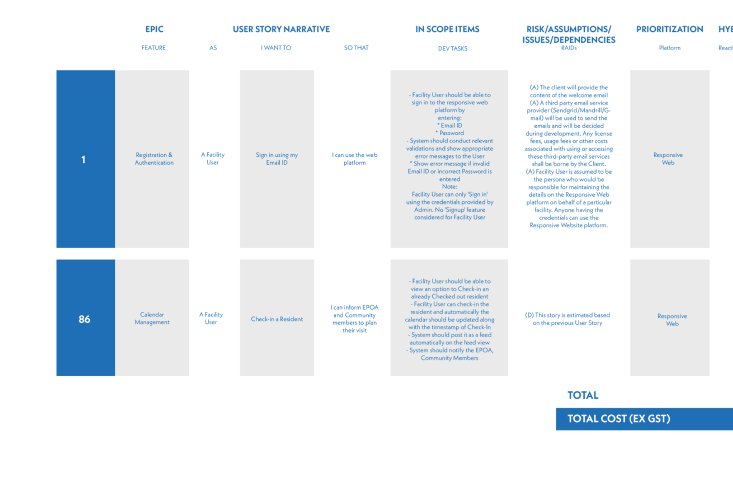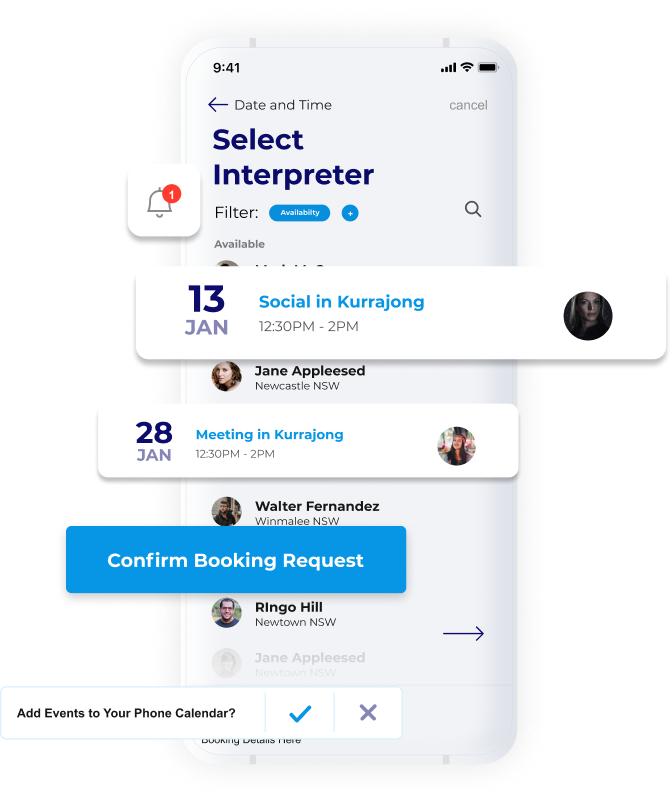- +44 7700 158486 Free Consultation
-
services
-
About us
Meet
About
WorkFlow
Connect
-
Our Work
-
Connect
Community
Social
-
 Change
Change
Our first meeting together will be extremely practical. Initially, our focus will be on the value that your app will bring to the market. In other words, we’ll ask the question – “Why will people want to download your app?”
Through this phase, we will bring our own insights to your concepts before putting together the User Flow Diagram of your app. This diagram will help to outline each step that your users will take, which then informs how the technology in the back-end of your app will work. Given this is an Agile app service, we will focus only on what is most important for the validation of your app product.

Once we’re all satisfied with the initial consultation, we will get to work preparing the wireframes for your app. This allows you to be able to ask any questions and provide feedback on the basic design relatively quickly. At this point, we shift as many luxury features as we can to a much later stage to help keep the Agile app dev process quick and lean.

In contrast to the Kick-Off Phase and Architecture Phase, the No Code Agile Phase is much less detail-oriented. This helps to leave more room for further app decisions to be made closer to development. At this stage, we define all the core features that we are looking to develop before estimating the cost and time involved in the build.

With No Code Agile app development, we put together the app using no-code development tools, meaning that development is not limitless, and we can only utilise the options available in our tool of choice to put together your app design.


App development follows a set of strict guidelines that require time, effort and great attention to detail. We’ve highlighted the following key components in order:
Apps provide a convenient and easily accessible way for users to interact with your business/product. Apps can also be used to collect data on user behaviour, which can help you personalise your marketing and improve the overall user experience. In addition for businesses, considering today’s digital age, need mobile applications to grow the brand awareness and unlock market reach. Some benefits of a having a mobile app for your business include: